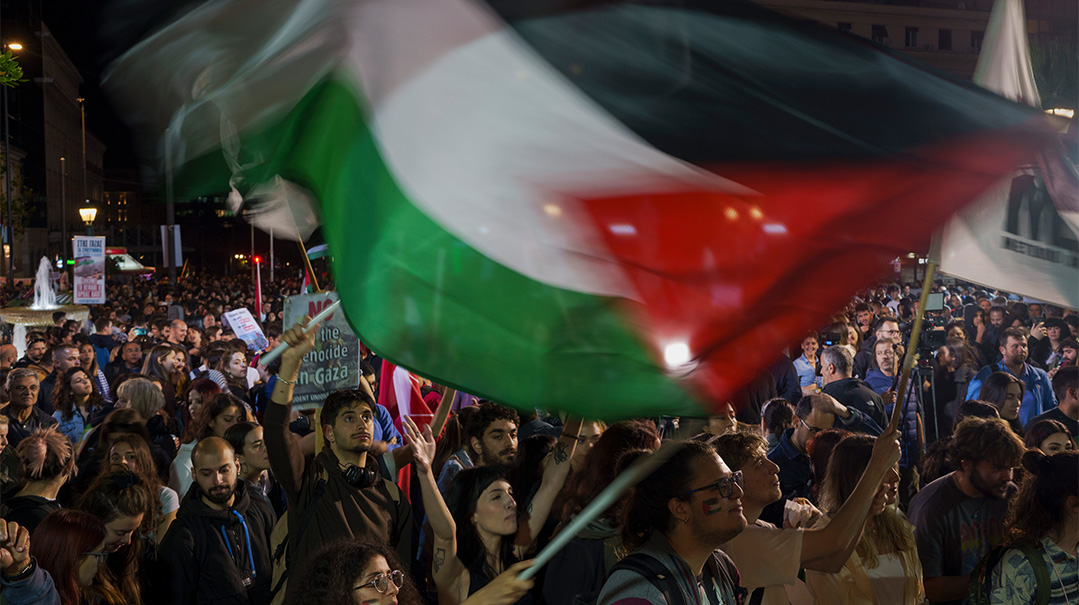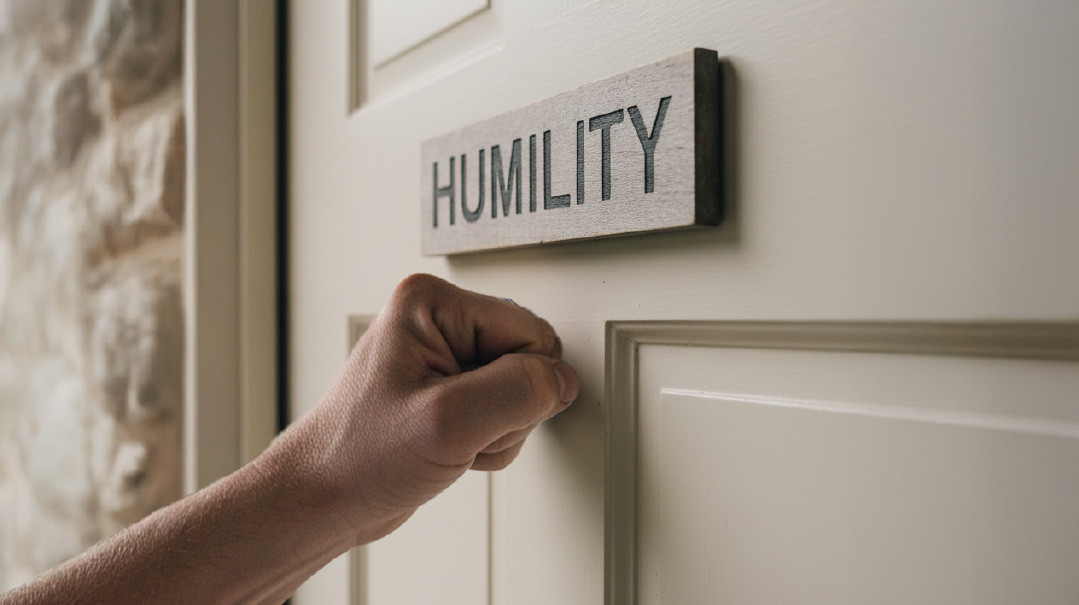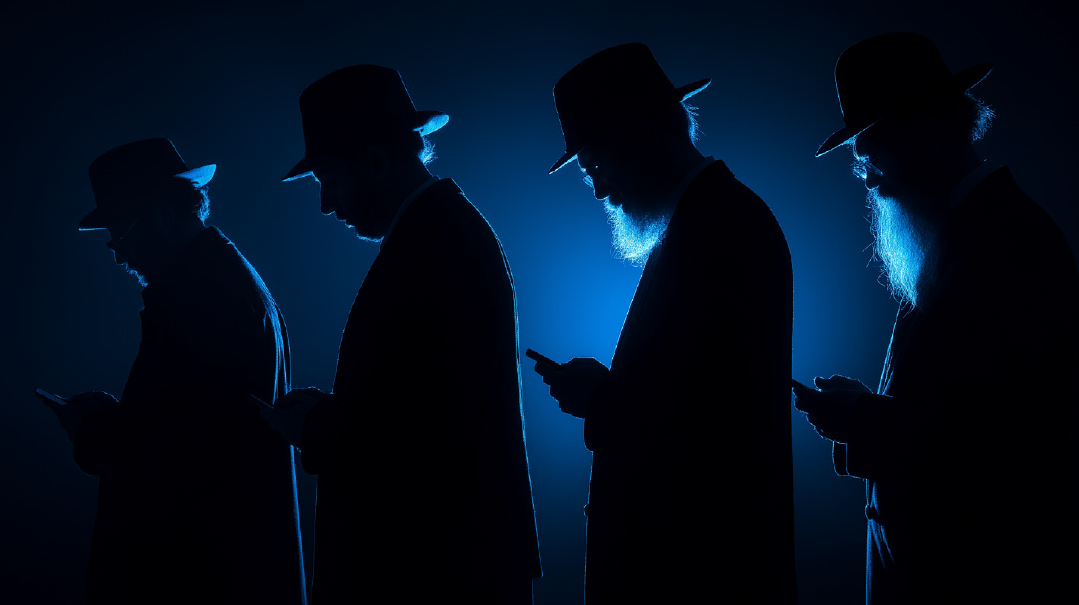Which Is the Real America?
| May 28, 2024What is representative of America today — the hate spewing on campuses and elsewhere, or the unsolicited, heartfelt comments I receive?

Photo: AP Images
IT
is early last November. I am about to enter the gate at the side of the East Denver Orthodox Synagogue on Friday evening before Shabbos. Out of nowhere, a person approaches me. He clearly wants to talk to me but seems unfamiliar with the surroundings.
He says, “I’m Catholic. I go to the big cathedral — you know, the big one?”
“Yes,” I say, “I know.” (It’s near our office.)
“I’m Catholic, and I want you to know that we stand by Israel. We pray for you. We are with you. I want you to know that.”
I thank him. I am moved. I proceed to the shul.
A couple of weeks later, shortly before the accusation of genocide against Israel at the International Court of Justice, I have finished shopping at King Soopers (a local supermarket chain). I am in the parking lot, loading my car. This particular King Soopers store is not in a Jewish neighborhood. A man approaches me. Like before, a total stranger.
He says, “I don’t understand why people don’t understand. Israel is right. Don’t get discouraged. What they’re saying about Israel is ridiculous.”
He repeats this a couple of times.
I wear a kippah. I have a beard. I am visibly Jewish.
An exercise acquaintance is a big man and uncharacteristically puts his arm on my shoulder. He is not the most articulate, but makes himself clear.
“You people’ve got friends. You’ve got friends. You’re not alone.” He speaks with sympathy.
Around that time was the event at Colorado Christian University. I knew it was supposed to be an evening of solidarity for Israel. Parenthetically, with no prompting whatever, the university hired the local Vaad Hakashrus to make the meal kosher, charged nothing, and held the event in a lecture hall. I knew there would be passionate speeches in support of Israel’s military response to Hamas, but a week or so before the event, I received a call from the lead organizer.
“We also want to raise some money for Israeli organizations. Suggest some.”
I responded, “Don’t do organizations. Pick one.” I figured, why should a few dollars be spread around and not do much good?
He said: “Okay, name one.”
Off the top of my head, I suggested Hatzalah and explained briefly what it is. He said, “Okay.”
That evening, after the speeches and the Hatzalah presentation, came the “ask” — trying to persuade people to respond generously. In my experience, the “ask” takes some time and usually entails some not-so-subtle pressure.
Here, the ask took ten minutes. That’s it.
The results were announced: “One million dollars!”
A different King Soopers. A different neighborhood. This time, not the parking lot, but one of the aisles. A stranger approaches me.
“I’m for Israel 100 percent. Whenever there’s a problem, they blame you people. I don’t know why.”
Anti-Semitism in the United States today cannot be denied. One simply cannot list all the instances, curses, attacks, lame justifications, and outrageous, ignorant claims about Israel (“genocide”).
But what about “philo-Semitism”? How extensive is it? How representative are the chance encounters I’ve had? I don’t know, but one thing is clear: The “antis” on college campuses and elsewhere are, by and large, loud, obnoxious, and attention-getting. They bring the power of the group, be it violent or peaceful. The pros, however extensive, are, by and large, quiet, individual, and, while unafraid to approach a single Jew, do not come together in groups.
Like a lot of people, I, rightly or wrongly, have been thinking about Germany in the 1930s. Am I paranoid? I hope so. But aside from the anti-Jewish and anti-Israel sentiments widely aired, what worries me the most is the salient contrast between the opponents of Israel in America and the sympathizers. On the one hand: Mob mentality. Chants. Masks. Slogans. Refusal to engage. Sometimes, outright violence. On the other hand: Quiet support. Very much appreciated every time I receive it, but how effective can it be?
It is not sufficient to have friends. It is not enough for people to express solidarity. We need better techniques at amplifying our voice and the voices of those who support us. Here I reach the ultimate fear: When hatred takes over, better “techniques” will not help. In the 1930s, countermeasures, such as a stronger boycott of German goods, would have been welcome; but would they have made any difference, given the mob mentality that rolled over Germany?
The history of the Holocaust is infinitely complicated, and I am not trying to draw a precise parallel. I am saying this: I have lived in Denver most of my life. It is a live-and-let-live city. With a minority Hispanic population, it elected a Hispanic mayor. He served two terms. With an even smaller minority black population, it elected two black mayors. They each served three terms.
If, even in a city like Denver, protesters can threaten university heads without consequence; can close down a Jewish center on the city’s largest campus; can witness a rude anti-Israel outburst on the floor of the Colorado State House of Representatives; can tolerate an openly pro-Hamas law student defending October 7 in a University of Denver classroom, I ask: Is this the new reality in America? Is America forever changed? If so, what are American Jewry’s best options? Answers cannot come until the real question is faced.
What is representative of America today — the hate spewing on campuses and elsewhere, or the unsolicited, heartfelt comments I receive?
Rabbi Hillel Goldberg is the editor and publisher of the Intermountain Jewish News, for which he has written a weekly column, “View from Denver,” since 1972, and the author of numerous seforim about the mussar movement and other subjects.
His column will appear once a month.
(Originally featured in Mishpacha, Issue 1013)
Oops! We could not locate your form.







